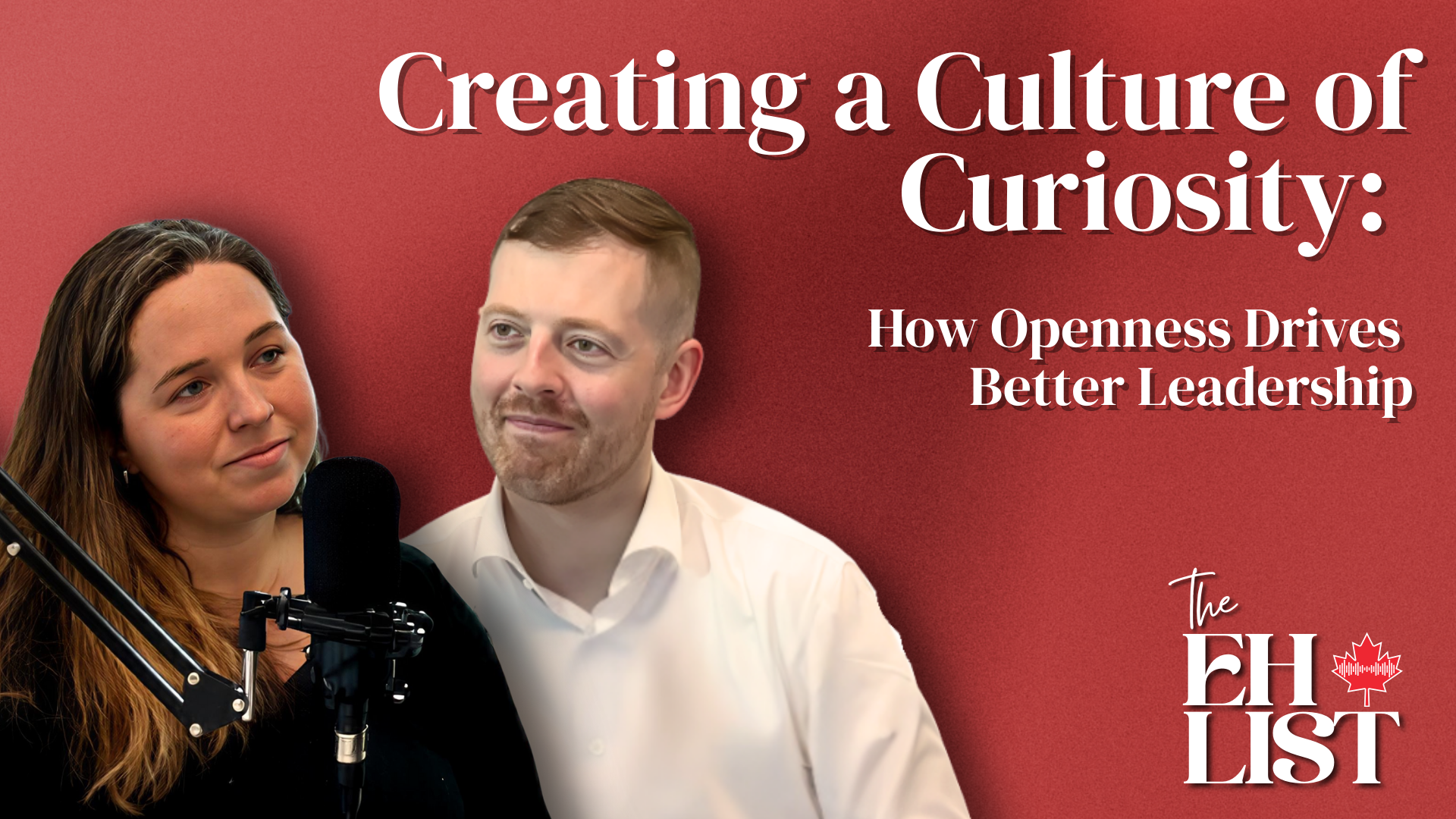Giving to charity is something many of us do, but do we give much thought to why? The wealthy give intentionally to charities that they care about which creates meaningful impact. Everyone can think like in the wealthy in their giving.
This webinar focuses on charitable giving with Brandon Chapman of SaaS Wealth Insurance, and gifts and estate planning expert, Rory Green. Together they break down considerations when leaving behind a will and why we should be giving intentionally to charities that we care about and the meaningful impact we can leave behind.
Who do people leave money to in their wills? Who should you be prioritizing?
- Spouse
- Kids
- Parents
- Family (brothers, sisters, nieces, nephews)
- God-children
- Friends
- Church,
- Charities, Universities, Nonprofits
Why are people including charities in their wills?
- Help a cause they care about
- Be remembered
- Give back
- No kids
- My kids have enough money
- Tax savings
Where do I start?
Think about where you’re from:
- What lessons did you learn from your parents?
- How did the place you are from shape who you are?
- What were some of the life-changing moments, people, or activities from your childhood?
Think about what you’ve accomplished:
- What are you most grateful for?
- Who or what helped you get where you are?
Think about what you do and how you spend your time:
- What do you love to do?
- What are your hobbies?
- Where do you volunteer?
Think about how you want to be remembered:
- The concept of the 3 deaths (the physical death of the body, the last time someone who knew you passes away, and the last time your name is spoken)
These questions should start to give you a sense of your values and goals. From there, look for charitable organizations that align with your values. Do some research, pick up the phone, talk to people you trust.
Make a Plan
- Talk to your advisor about your charitable goals
- Look at what your assets are, and what you want them to be
- Think about ways to make an impact in the causes you care about while providing for your family and friends
Solution Options
Giving non-registered securities: There are tax incentives built into our financial system that allow you to write off the full amount of the non-registered gift against your income, as well as avoiding paying the capital gains tax. Therefore, these two benefits make gifting of non-registered securities a fairly tax-advantaged way to give.
Permanent Life Insurance:
- Take out a policy in the name of a charitable organization, tax receipt each year for premiums paid
- Name the charity as beneficiary of an existing policy – at death your estate will receive a tax benefit
- Transfer ownership of an existing policy to charity – tax credit for the cash value of existing policy. If you continue paying premiums, will receive tax credits.
Give As You Grow, Understand Your Options
- No silver bullet
- Charities always need money
- Larger gifts you may be able to direct where the funds go (endowment, scholarships, bursaries, etc.)
- Speak with your advisor
Each of us, though, no matter how grand or humble, has the opportunity to leave one thing behind, one last word, that in most cases has to be heard, and obeyed: a will.
As much as people don’t like to talk about or even contemplate it, making a will gives us all a chance to make our wishes known about our worldly goods and how they should be dispensed.
There are no silver bullets and one-size-fits-all strategy for anybody, but especially when we’re looking at larger gifts, starting the conversation early with the groups that you care about can help align your objectives with an organization’s objectives.







